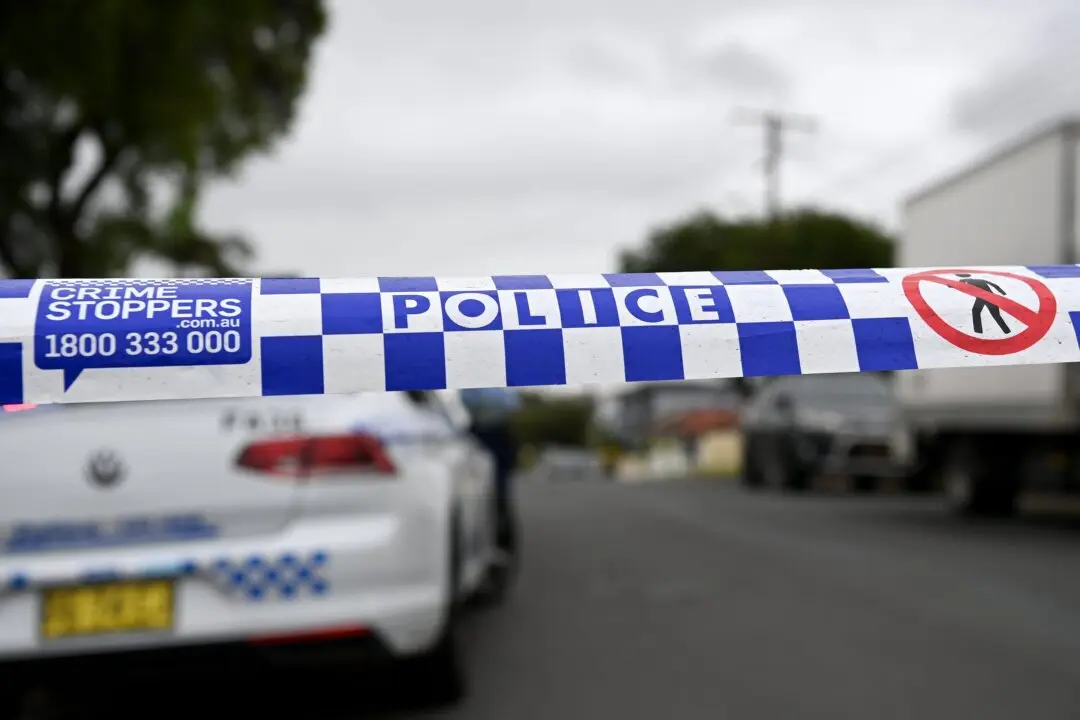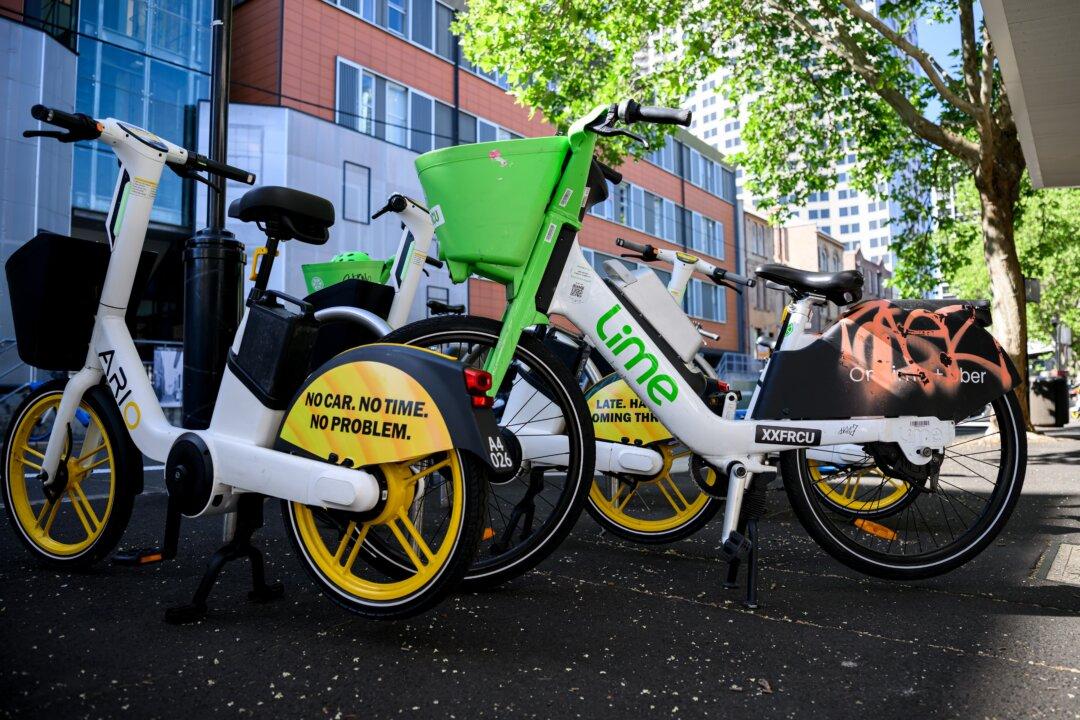Victoria’s government has revealed key details of its health-based approach to public drunkenness, with a facility to provide a safe place for sobering up.
Victoria’s first dedicated sobering-up centre is expected to be ready to operate in Collingwood ahead of the state decriminalising public drunkenness.





